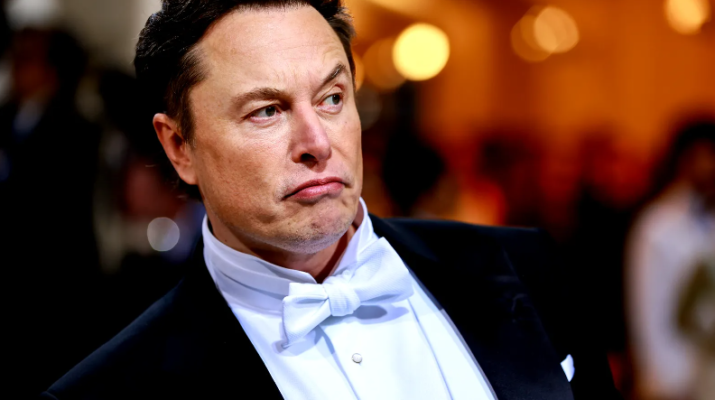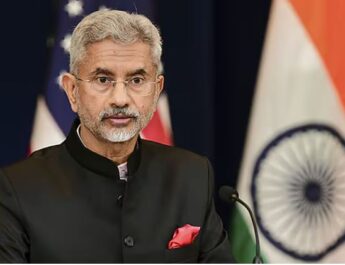Elon Musk has shared on social media that he is stepping down from his position in the Trump administration, a move that the White House confirmed was underway on Wednesday evening.
“As my time as a Special Government Employee comes to a close, I want to express my gratitude to President @realDonaldTrump for the chance to help reduce unnecessary spending,” the billionaire posted on X, his social media platform.
“The DOGE mission will only grow stronger over time as it becomes a way of life within the government,” he mentioned, alluding to his “department of government efficiency.”
A White House representative informed Reuters that it is true Musk is departing the administration and that his “off-boarding will commence tonight.”
The exit of a man who once referred to himself as Trump’s “first buddy” was swift and without ceremony. According to a source familiar with the situation, Musk did not have a formal discussion with Trump prior to announcing his departure from the administration, and it was determined “at a senior staff level.”
Musk, the wealthiest individual in the world, has defended his position as an unelected official who was given extraordinary power by Trump to dismantle certain aspects of the US government. His 130-day term as a special government employee in the Trump administration was scheduled to conclude around May 30.
Both Musk and the administration have stated that DOGE’s initiatives to reform and reduce the size of the federal government will persist.
Musk has been indicating his exit from Washington, alongside his intention to refocus on his business endeavors, throughout the week. He sharply criticized Trump’s spending proposal and voiced his dissatisfaction with the reaction to his flagship initiative, the “department of government efficiency.”
He condemned the president’s prominent tax legislation, labeling it excessively costly and a measure that would hinder his efforts to enhance government “efficiency.”
“The state of the federal bureaucracy is far worse than I had anticipated,” Musk remarked to the Washington Post on Tuesday. “I was aware there were issues, but it certainly is a challenging endeavor to enact improvements in DC, to put it mildly.”
He also informed the Post that Doge had become a “scapegoat” that was blamed for any missteps during the Trump administration.
Musk had clashed privately with several cabinet officials and publicly criticized White House trade adviser Peter Navarro as a “moron” for disregarding Musk’s advocacy for “zero tariffs” between the US and Europe.
Additionally, Musk recently expressed his irritation to White House officials regarding a deal involving Abu Dhabi and OpenAI, the rival AI company led by Sam Altman, as reported by the New York Times. Musk had previously attempted to obstruct the agreement unless his company was included, according to the Wall Street Journal.
The billionaire’s recent “disillusionment” with the political landscape was further compounded by the defeat of his judicial candidate in Wisconsin, despite Musk investing $25 million in the campaign, as reported by the New York Times.
Trump and DOGE have successfully reduced the federal civilian workforce by nearly 12%, equating to 260,000 positions out of a total of 2.3 million, primarily through threats of termination, buyouts, and early retirement offers, according to a Reuters analysis of agency departures.
Musk’s involvement in politics has sparked protests, and some investors are urging him to step down from his role as Trump’s adviser to focus more on managing Tesla.
After investing close to $300 million to support Trump’s presidential campaign and other Republican candidates last year, Musk stated earlier this month that he plans to significantly decrease his political contributions. “I believe I’ve contributed enough,” Musk remarked at an economic forum in Qatar.
Although Musk had informed Trump’s advisers this year of his intention to donate $100 million to organizations affiliated with the president’s team prior to the 2026 midterm elections, the New York Times reported that the funds had not yet been received as of this week.




